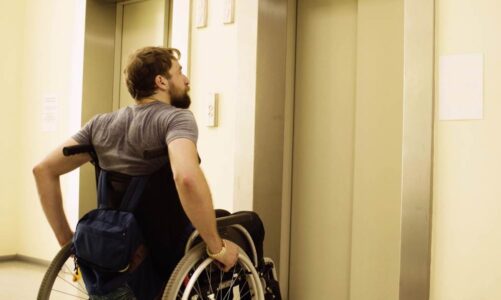Researchers based seventy % of a state’s score on eleven metrics related to competition and opportunity, including:
###PLACEHOLDER###
Overall nursing school quality;
The monthly average starting salary for nurses in a state, which was adjusted for cost of living;
The number of nursing job openings per capita in a state; as well as the number of nurses per 1,000 residents in a state.
The researchers based the remaining thirty % of the score on ten metrics related to work environment, including:
Any mandatory overtime restrictions in a state;
The quality of a state’s public hospital system;
The ratio of nurses to hospital beds in a state; and Whether a state has a nursing licensure compact law.
State rankings WalletHub gave every state an overall ranking in addition to a ranking based only on opportunity and a ranking and competition factors based only on work environment factors.
Just check here for Nursing Jobs Kansas City
Based on the report, the entire 5 best states for nurses in 2020 are:
Oregon;
Washington;
New Mexico;
Minnesota; and Nevada.
Oregon also ranked as the leading state for nurses in WalletHub’s 2019 rankings.
Meanwhile, the 5 worst states for nurses in 2020, based on the report, are:
New York;
Louisiana;
Hawaii;
Alabama; and Oklahoma.
The worst and best states for nurses
Based on the report, when looking only at opportunity and competition metrics, Nevada ranked as probably the best state for nurses, while New York ranked as probably the worst. Meanwhile, when assessing just work environment metrics, Minnesota ranked as probably the best state, while Louisiana ranked last, the report showed.
Based on the report, some states fared better in one of the 2 individual ranking categories than they did in the other. For instance, while Florida ranked No. five in the opportunity and competition category, it ranked No. forty seven in the work environment category. Conversely, while New Hampshire ranked No. two in the work environment category, it ranked No. forty four in the opportunity and competition category.
Experts discuss Covid-19’s effect on nursing – and the profession’s outlook WalletHub spoke with Deborah Hopla, an associate professor at Francis Marion Faculty; Allison Findlay, an assistant professor at the Faculty of Colorado Colorado Springs; and Esmeralda Clark, a lecturer at the Faculty of Nevada, Las Vegas’ school of nursing, about how local authorities and governments are able to support nurses and other frontline health care workers in the midst of the country’s new coronavirus epidemic, and also about the extended outlook for the nursing field.
General, all 3 experts said local authorities can best support nurses along with other frontline health care workers during the epidemic by ensuring there are actually sufficient quantities of personal protective equipment available for workers.
Clark added it is essential for officials to make sure the public receives appropriate education about the epidemic.
Additionally, Findlay said authorities should work as a “conduit between the megacorporation hospital silos” and “make hospitals accountable to ensure” there’s an ample source of other equipment and mechanical ventilators needed to effectively deal with the epidemic and treat patients with Covid 19, the disease brought on by the new coronavirus.
As for the nursing profession’s future outlook, Findlay said the profession “often function[s] at the hub of the wheel of the health care team” and “fits well in disaster preparedness.”
Hopla said the future of nursing is actually “bright,” adding that patients “are hospitalized most often to receive nursing care” and there are actually a growing number of opportunities for nurses to serve patients in various capacities, such as through telehealth.
Click here to contact the best Nurse Staffing Agency Kansas City
Clark said nursing is actually “an essential profession,” and “as long as there are actually humans [who] need care there’ll always be a demand for nurses.”
Nevertheless, Clark noted that, despite significant increases in enrollment in nursing school over the past fifteen years, the United States continues to face a nursing shortage due to the amount of nurses leaving the workforce.
Clark added that the nursing working force also is “in dire need of” more diversity. “As [the U.S. coronavirus epidemic] has shown there are actually huge health disparities amongst ethnic and racial minorities in [the] country, and it’s very well documented that a health care workforce that mirrors the ethnic and racial makeup of the population helps to reduce health disparities,”




